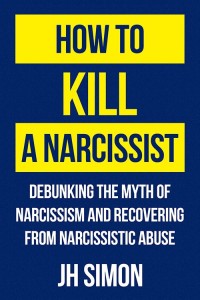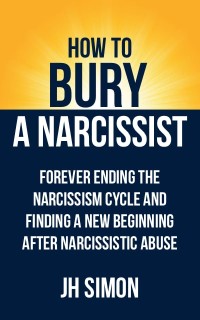Like holding a beach ball underwater, a narcissist can never take their eye off the ball (pun intended), lest their shame and grief bounce to the surface for all to see.
Holding down a proverbial beach ball full of toxic shame, rage and prolonged grief is an exhausting, full-time job. The narcissist achieves this in a myriad of ways, including indulging in grandiose fantasies of how amazing they are or will be, convincing others of how amazing they are or will be, and of course, coercing others to give them adulation and attention. All of this creates narcissistic supply, which is the force holding the beach ball down inside the subconscious.
Narcissists are addicts. Without the next hit of narcissistic supply, the terrible ache in their chest opens wide, threatening to swallow them whole, and the fog of shame washes over them, threatening to crush them under its weight. For covert narcissists, social isolation and self-supplying through grandiose fantasies can suffice — for a time. However, social isolation is terribly painful — for narcissists and non-narcissists alike.
If the narcissist can get narcissistic supply on tap and on their terms, then there would be no need for any rash decisions. Yet the world is not so simple. People have needs and boundaries. They can often see through the narcissist’s selfishness and refuse to play ball (pun again intended). Sometimes, a narcissist’s primary source of supply abandons them or supply dwindles in general. In such cases, the spectre of their childhood trauma threatens them. This is where the narcissist grows panicky and seeks out supply in places off the beaten track.
In a state of withdrawal from the drug of narcissistic supply, the narcissist might spontaneously plan a trip somewhere. They may reinstall their dating app, or attend public spaces where potential sources of supply frequent, such as bars, cafes and clubs. They might flirt more, both in spaces where it is inappropriate or when it risks their current relationship. Drugs, reckless activities and random people become more attractive to the narcissist. Where the narcissist would usually throw their nose up at certain plans, they now say ‘why not?’, and agree on a whim.
In short, when narcissists have a steady stream of narcissistic supply, they become haughty, rigid and risk-averse. When supply dwindles, however, all bets are off. They suddenly morph into someone more flexible and cooperative. With their boundaries greatly reduced, and their repressed pain quickly swelling, there is no limit to the immoral and risky situations they may find themselves in.














